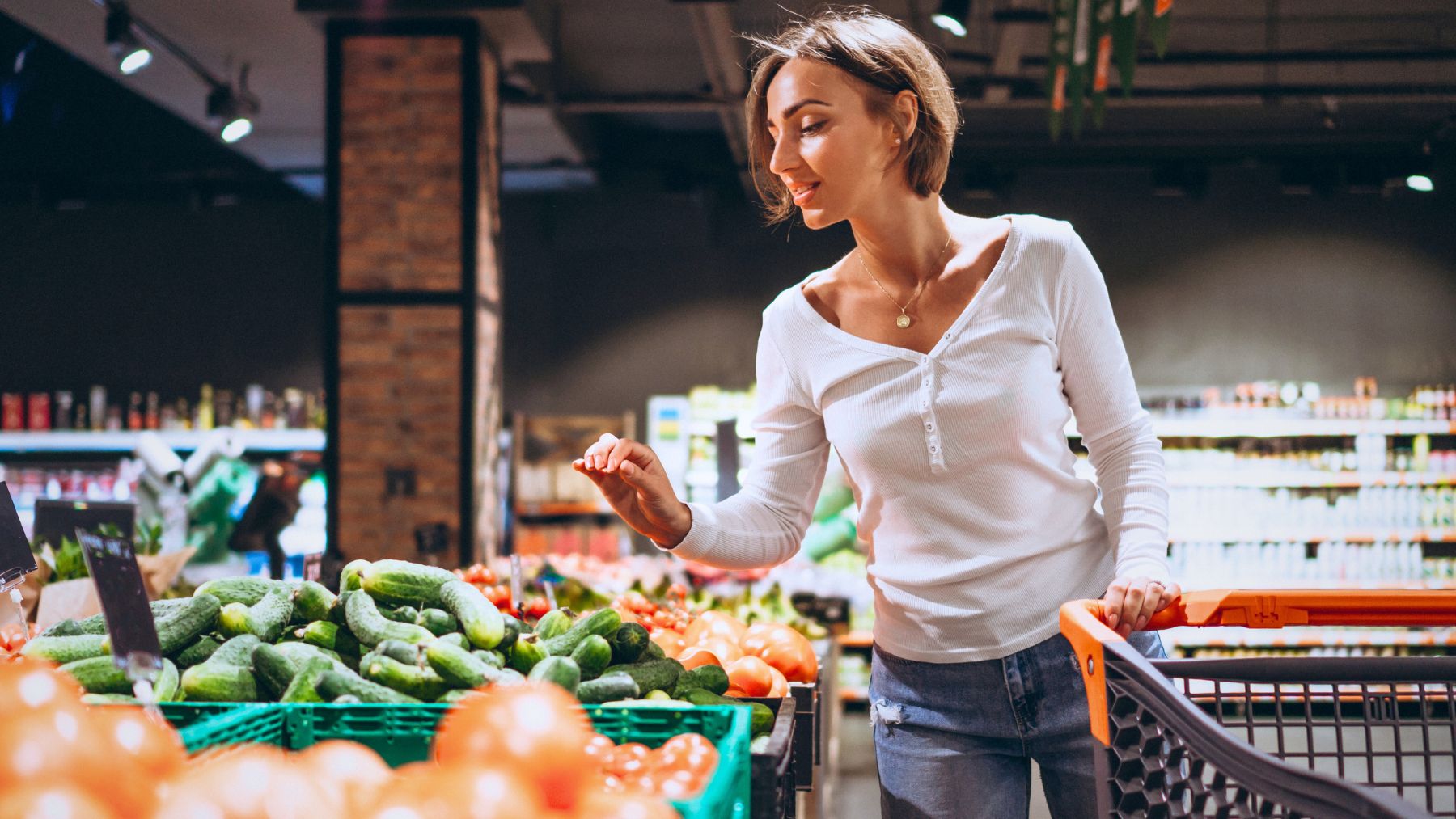Starting in 2026, six more states will roll out new rules limiting what can be bought with Supplemental Nutrition Assistance Program (SNAP) benefits. Texas, Oklahoma, Louisiana, Colorado, Florida, and West Virginia have been granted federal waivers to block purchases of certain processed foods and drinks, including soda and candy, using SNAP funds.
This move adds to a growing trend of states tightening rules on the food stamp program to focus benefits on healthier options. Here, we’ll look at the new and existing state restrictions, the reasoning behind them, and what these changes mean for millions of SNAP recipients across the country.
States banning junk food from SNAP
SNAP, once known as the food stamps program, is the largest federal food assistance program in the US, serving more than 42 million people each month. It is funded by the federal government but administered by states, which can apply for waivers to modify how benefits are used.
The latest change comes after Health and Human Services Secretary Robert F. Kennedy Jr., Agriculture Secretary Brooke Rollins, and FDA Commissioner Dr. Marty Makary approved six new state waivers. These allow Texas, Oklahoma, Louisiana, Colorado, Florida, and West Virginia to prohibit purchases of certain processed foods and sugary drinks with SNAP benefits.
These states join Arkansas, Idaho, Indiana, Iowa, Nebraska, and Utah, which were granted similar waivers earlier in 2025. The combined list now includes 12 states. Most will prohibit soda purchases, while at least eight will also ban candy.
Florida will also block “prepared desserts“, and Iowa’s waiver covers nearly all taxable food items except seeds and plants for growing food. Arkansas has an additional restriction on fruit and vegetable drinks with less than 50% natural juice.
Those backing the change argue that taxpayer dollars should support nutritious foods and help reduce high sugar consumption. Kennedy has criticized the program’s past allowance of soda and candy, saying these contribute to the nation’s diabetes crisis. However, some public health experts caution that removing certain foods from SNAP may not directly reduce health problems without broader dietary and lifestyle changes.
How the SNAP program works
SNAP is run by the USDA Food and Nutrition Service and is designed to help low-income households buy food. Benefits are issued monthly through an electronic benefit transfer (EBT) card that works like a debit card at participating retailers. Eligibility depends on household size, income, and certain expenses. It serves working families, seniors, people with disabilities, and others facing food insecurity.
What SNAP typically covers:
- Fruits and vegetables.
- Meat, poultry, and fish.
- Dairy products.
- Bread, cereals, and grains.
- Seeds and plants to grow food.
What it doesn’t cover under federal rules:
- Alcohol and tobacco.
- Vitamins and supplements.
- Hot foods and prepared meals from stores.
The new state-level waivers add more restrictions on top of these federal rules. That means an item allowed in one state could be banned in another, depending on the state’s waiver terms. For example, soda may still be purchased with SNAP in many states, but it will be prohibited in the 12 states with waivers.

